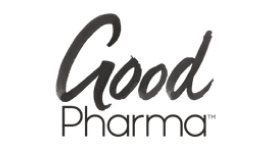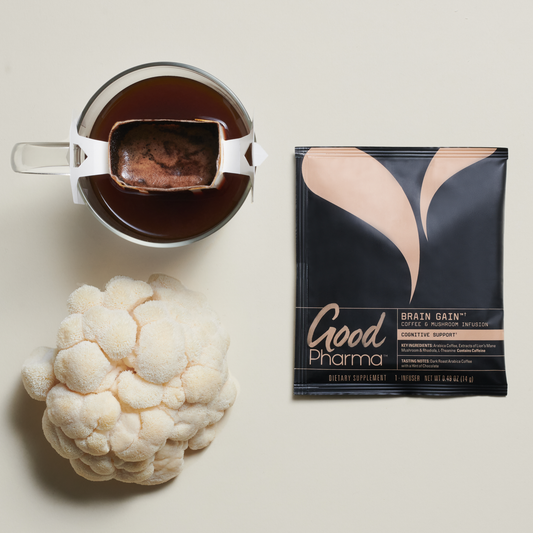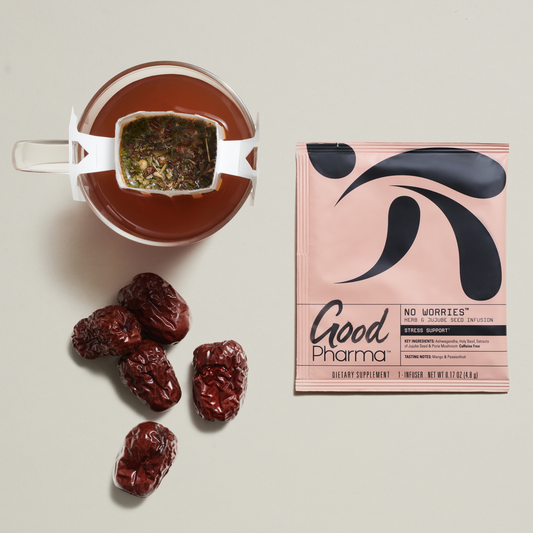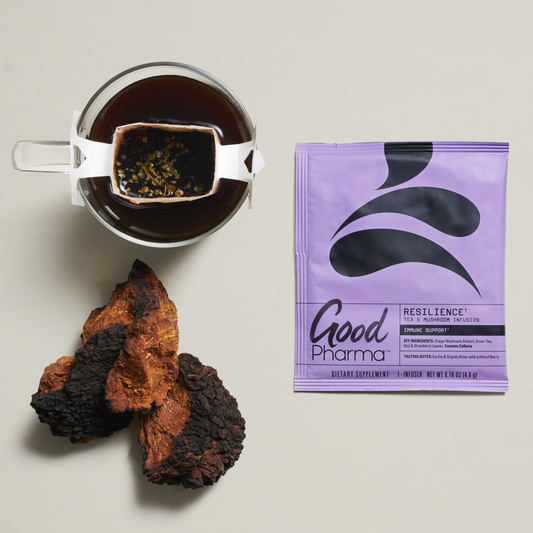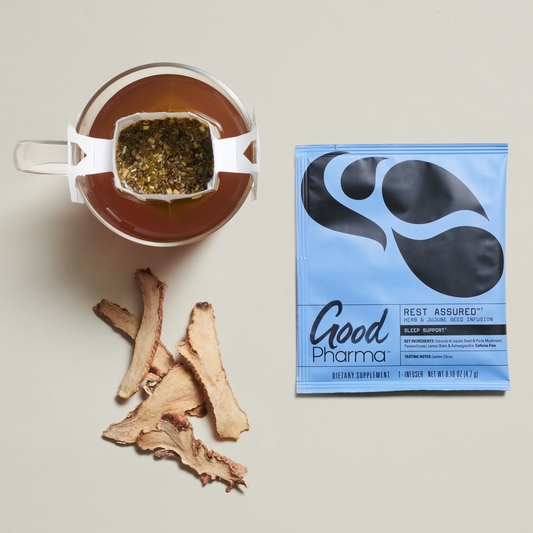Written by Dr. Choi
It was 1961 when my father, a captain in the Korean army, was involved in a plane crash in Korea. He was immediately evacuated by helicopter to a U.S. Military Hospital in Bupyeong, Korea and eventually became the only survivor of that crash. I can remember my father being in and out of the hospital for many years. In fact, he suffered from sequelae for a long time due to several fractures and organ damage; however, after receiving traditional Eastern medical treatment, he recovered almost completely. Since then, he was able to live as a successful architect, and is still alive today at 92 years of age.
His recovery inspired me to pursue medical school and my father actually advised me to attend traditional Eastern medicine college instead of Western medicine college. In Korea, traditional medicine college is actually six years and we graduate with a holistic, well-rounded understanding of both traditional Eastern and Western medicine. I am eternally grateful for my father’s counsel.
Since entering the field of traditional Eastern medicine, my dream has been the globalization of these ancient, supportive practices. In the modern era, Asian countries, including Korea, have received unilateral influence and help from the West. So, I thought that Asians should give something back to Westerners, and traditional Eastern medicine was the most appropriate field among them.
In order to actually globalize traditional medicine, I spent years identifying a unique aspect that could be effortlessly spread. Ultimately, I landed on the safe clinical experience, knowledge and technology of traditional Eastern medicine, which is almost impossible to mirror with modern medicine. I also understood that for true globalization, traditional Eastern medicine needed to be standardized.
In 2003, I had the unique opportunity to join the WHO and actually lead the standardization of traditional Eastern medicine. From 2003 to 2008, my team worked to bring this ancient wisdom into the modern world through universally recognized language. Our achievements have already been widely recognized internationally and have paved the way for integrated medicine that ultimately harmonizes the two worlds - East and West.
While I started my career in traditional Eastern medicine, I firmly believe that one approach is simply not enough. In fact, we need modern science and technology to help traditional Eastern medicine come into the mainstream and follow the same thorough, analytical and quantitative approach as Western medicine.
I have always dreamt of the day that Traditional Eastern Medicine and modern science be integrated into one, and I see that in Good Pharma. Through innovative technology, Good Pharma has created dietary supplements that fuse ancient wellness practices, with modern science. These products allow Traditional Chinese Medicine to be more accessible and more in-tune with our modern way of life. The powerfully supportive ingredients used, such as jujube seed extract and lion’s mane mushroom extract would not be possible without modern science*.
When I think about my father and his experience, I am reminded of the power of integrative medicine and the importance of learning from other cultures.
Dr. Choi is an expert and international leader in Traditional East Asian Medicine. In 2003, he was appointed as Regional Adviser in Traditional Medicine at the WHO Regional Office for the Western Pacific. During his tenure in WHO/WPRO, his work mainly focused on standardization of various areas of traditional medicine in the Western Pacific Region, such as acupuncture point locations and terminologies on traditional medicine. Read Dr. Choi’s full bio here.
Disclaimer: This content is for informational and educational purposes only. It is not intended to provide medical advice or to take the place of such advice or treatment from a personal physician.
*These statements have not been evaluated by the Food and Drug Administration. This product is not intended to diagnose, treat, cure, or prevent any disease.
